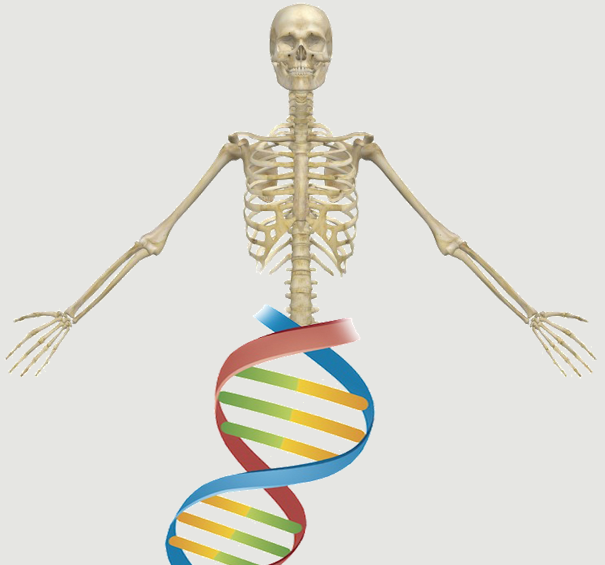Abstract:
Viral delivery of the therapeutic gene bone morphogenetic protein-2 (BMP-2) is a promising approach for bone regeneration. The human parvovirus adeno-associated virus (AAV) type 2 is considered one of the most encouraging viral vector systems because of its high transduction rates and biosafety ratings. Bone morphogenetic protein-2 is a highly potent osteoinductive protein, which induces bone formation in vivo and osteogenic differentiation in vitro. The exogenous regulation of BMP-2 expression in bone-regenerating sites is required to control BMP-2 protein secretion, thus promoting safe and controlled bone formation and regeneration. We have therefore constructed a dual-construct vector for the recombinant AAV (rAAV)-based recombinant human BMP-2 (rhBMP-2) gene delivery system, which is regulated by the tetracycline-sensitive promoter (TetON). Each vector was encapsidated separately, yielding two recombinant viruses. We evaluated the efficiency of rAAV-hBMP-2 to induce bone formation in ectopic and orthotopic sites. Doxycycline (Dox), an analogue of tetracycline, was orally administered to mice via their drinking water to induce rhBMP-2 expression. Bone formation was measured using quantitative imaging-microcomputerized tomography and cooled charge-coupled device imaging-to detect osteogenic activity at the cellular level, detecting osteocalcin expression. The rAAV-hBMP-2-treated mice that were given Dox demonstrated bone formation in both in vivo models compared to none in mice prevented from receiving Dox. Thus, the Tet-regulated rAAV-hBMP-2 vector is an effective means of induction and regulation of bone regeneration and repair.
Notes:
Gafni, Yossi Pelled, Gadi Zilberman, Yoram Turgeman, Gadi Apparailly, Florence Yotvat, Hagit Galun, Eithan Gazit, Zulma Jorgensen, Christian Gazit, Dan eng 2004/04/20 05:00 Mol Ther. 2004 Apr;9(4):587-95.
Website

